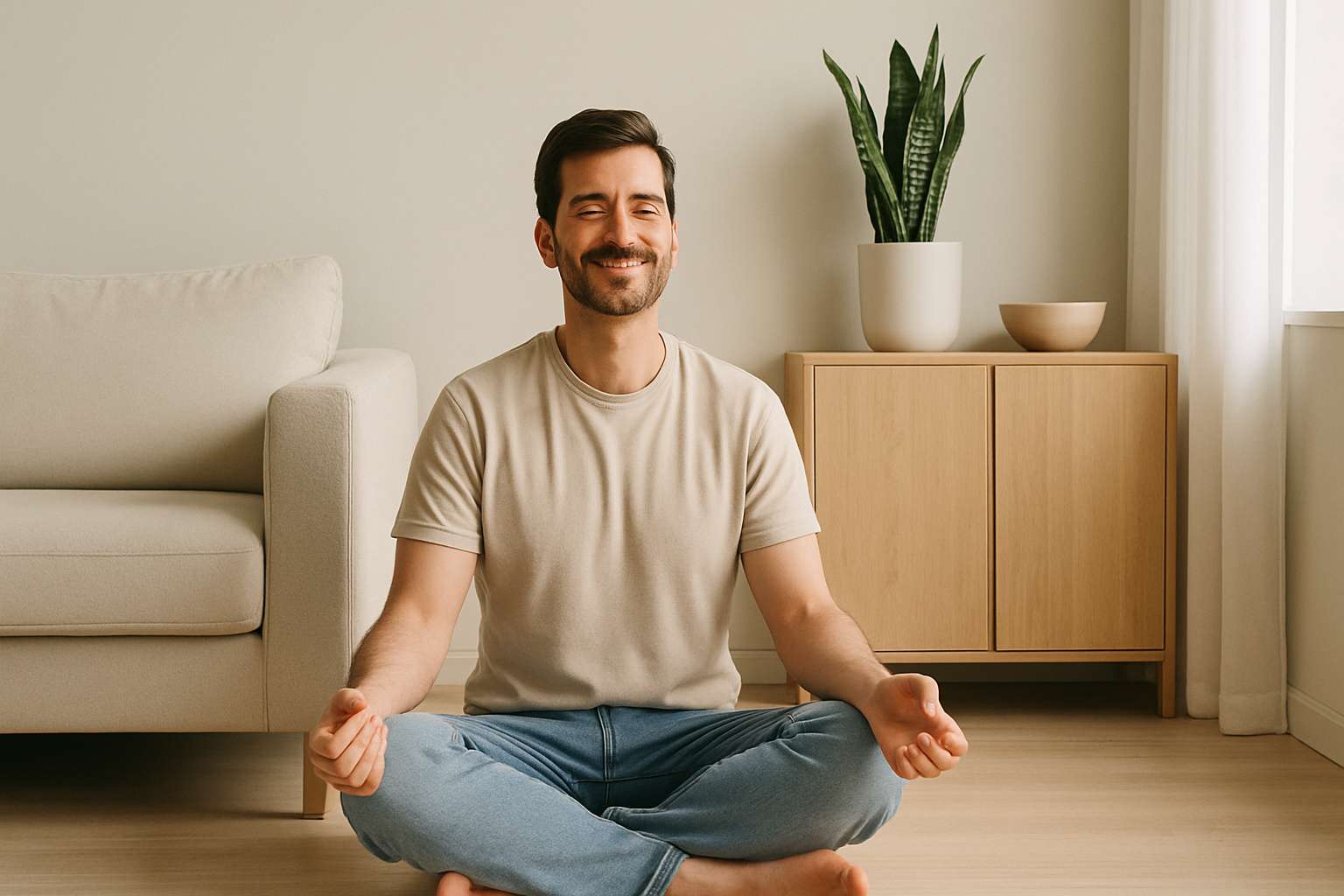Owning less isn’t simply a trend—it’s a deliberate choice transforming how people experience life. Research and personal stories alike reveal that minimalism can nurture not only tidier homes but also calmer minds and more fulfilling relationships. Beneath the surface, psychological principles explain why letting go of excess leads to greater happiness, offering practical insights into how living with less truly becomes living with more.
1. Less Clutter, Less Stress
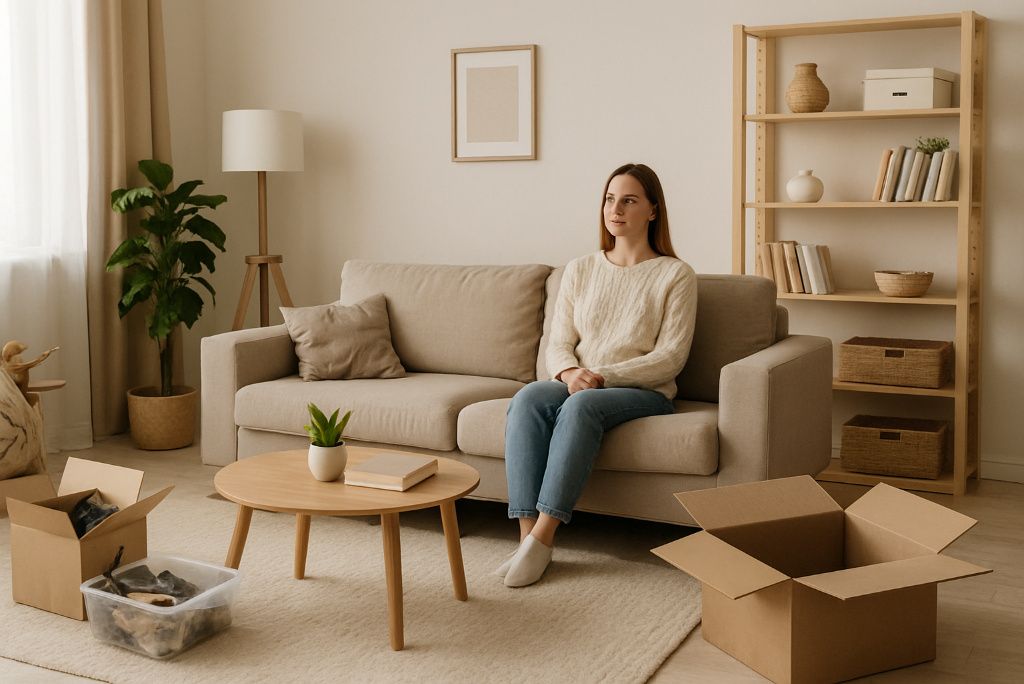
A cluttered environment is scientifically linked to higher stress levels. Studies show that people surrounded by physical clutter report elevated cortisol, the stress hormone, which impacts mood and health. Minimalists often report feeling “lighter” and more focused because they eliminate visual chaos that constantly demands mental energy. Consider how hotel rooms often feel peaceful—there’s nothing unnecessary to distract your eyes or mind.
Adopting a minimalist approach can mimic this serenity at home, making it easier to unwind and sleep better. In a world of digital and physical overload, creating a clear space offers real relief. Less clutter is not about aesthetics alone; it’s a tool for mental health and emotional balance, helping people feel more in control of their lives.
2. Decision Fatigue Reduction

Every object you own comes with micro-decisions—where to store it, whether to keep it, how to maintain it. The mental toll adds up, contributing to decision fatigue, a condition where constant choices sap mental resources. Psychologist Barry Schwartz explains that fewer choices lead to greater satisfaction. Minimalists limit their possessions and thus reduce daily decisions, preserving mental bandwidth for things that truly matter.
Think of Steve Jobs, who famously wore the same outfit daily to avoid wasting mental energy. Even simplifying your wardrobe can ease stress in the morning. By curating fewer belongings, minimalists reclaim clarity, focus, and a sense of calm.
3. Greater Financial Freedom

Minimalism often leads to conscious spending, which fosters financial security. Instead of impulse buying, minimalists focus on essentials and quality over quantity. This mindset reduces debt and builds savings, offering freedom from financial stress. A 2023 survey by LendingClub found that 62% of Americans live paycheck to paycheck.
Minimalists buck this trend by aligning purchases with genuine needs and long-term goals. Choosing a simpler lifestyle can free up funds for experiences, education, or investing. Ultimately, fewer material commitments translate into greater flexibility and peace of mind, creating the space to pursue passions without financial strain.
4. Stronger Sense of Gratitude

Owning less often leads to greater appreciation for what remains. When every object in your home serves a purpose or sparks joy, gratitude grows naturally. A study in the journal Personality and Individual Differences found that practicing gratitude significantly improves happiness and life satisfaction. Minimalists focus on quality over quantity, cultivating deeper connections with belongings and experiences.
For instance, rather than filling a closet with fast fashion, a minimalist may treasure a few versatile, high-quality pieces. This shift nurtures contentment and a more joyful relationship with one’s possessions and life overall.
5. Freedom from Social Comparison
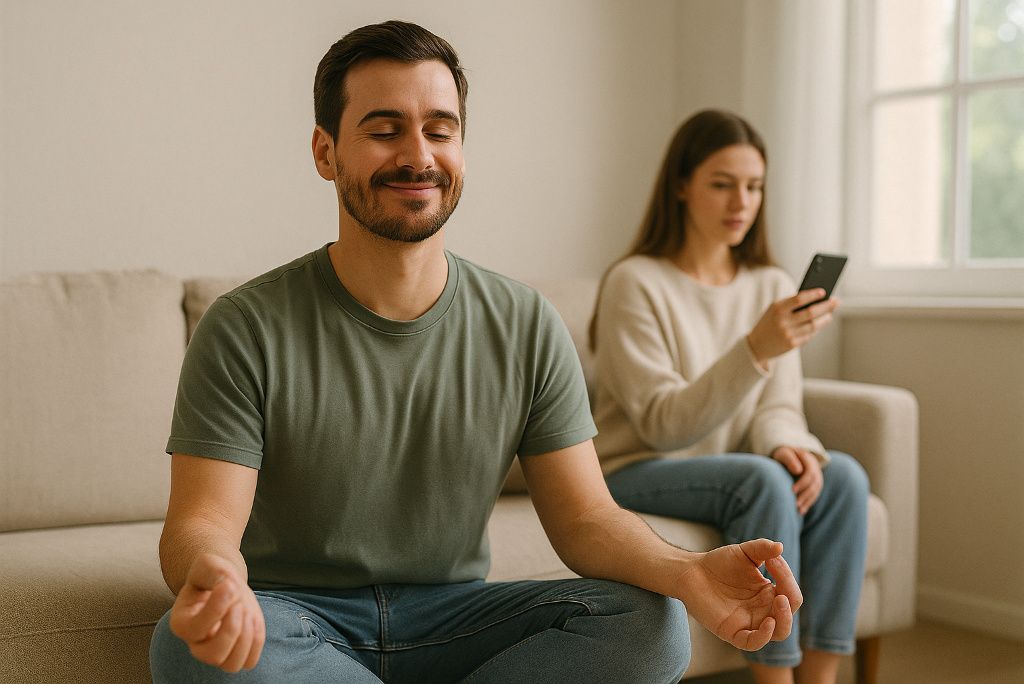
Social media fuels constant comparison, making many feel they must “keep up”. Minimalists intentionally opt out of this race. They define success through personal values rather than external appearances. A study published in Cyberpsychology, Behaviour, and Social Networking found that higher social media use correlates with greater envy and lower well-being.
Minimalists protect themselves by valuing purpose over possessions, reducing susceptibility to envy. They find joy in simplicity rather than chasing trends, enjoying freedom from the emotional toll of comparison. This mental liberation fosters authentic happiness grounded in who they are, not in what they own.
6. Greater Mindfulness
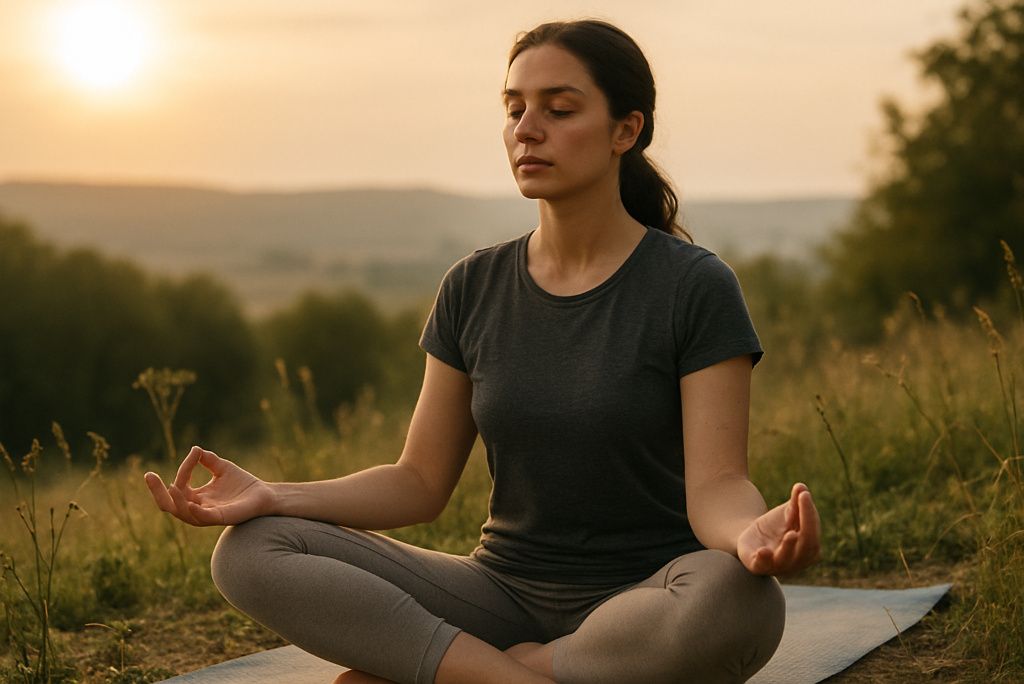
Minimalism promotes living intentionally and being present. It’s a practice in mindfulness—carefully considering what to allow into your space, time, and mental energy. A study in the Mindfulness journal shows that mindfulness practices significantly reduce stress and boost well-being. For minimalists, everyday acts like tidying up become rituals of awareness rather than chores.
Owning fewer things also reduces distractions, creating mental space for clarity and peace. Whether it’s savouring a cup of coffee or fully engaging in conversation, minimalists often find it easier to stay present. The practice becomes a path to greater joy and mental health.
7. Enhanced Creativity

A clutter-free environment fosters creativity by minimising distractions. Studies indicate that minimal surroundings can promote innovative thinking, as the brain has more “working memory” to connect ideas. Minimalists frequently describe feeling more inspired and productive in simplified spaces. For example, many writers and artists adopt minimalist studios to spark creativity.
Think of Marie Kondo’s tidying philosophy—not just to create order but to unleash positive energy. Reducing excess items helps creative individuals focus on projects without mental static. Minimalism becomes a powerful catalyst for art, problem-solving, and fresh ideas, proving that less clutter truly yields more imagination.
8. More Meaningful Relationships

Minimalists often invest time and energy into people rather than possessions. Relationships deepen when material pursuits no longer consume mental space or financial resources. Research in Psychological Science shows that spending money on experiences rather than things leads to greater happiness and social connection. Minimalists prioritize shared moments over accumulating objects, fostering stronger bonds with family and friends.
A minimalist family might choose weekend hikes over mall trips, creating lasting memories and mutual fulfillment. This focus on connection over consumption nurtures empathy and joy, revealing that happiness often grows through human ties, not material wealth.
9. Environmental Benefits

Owning less reduces personal consumption, lowering one’s ecological footprint. Minimalism aligns with sustainability by promoting conscious buying and waste reduction. A report by the United Nations states that global material consumption has quadrupled in the past 50 years, causing significant environmental strain.
Minimalists help counter this trend by buying fewer, higher-quality products designed to last. The lifestyle also encourages reuse, recycling, and choosing eco-friendly materials. For instance, minimalist wardrobes often focus on versatile clothing pieces, reducing textile waste. Embracing minimalism isn’t just good for mental health—it’s a practical step toward protecting the planet.
10. Increased Productivity

Owning fewer items translates into less time spent cleaning, organizing, and maintaining possessions. The time saved can be redirected into meaningful pursuits like hobbies, learning, or professional growth. A clutter-free workspace has been shown to improve focus and efficiency. Minimalists often describe their homes as sanctuaries that boost their ability to work without interruption.
Consider how corporate offices are increasingly adopting minimalist designs to enhance employee performance. Minimalism’s core principle—eliminating excess—makes room for productivity, both professionally and personally, turning “less” into a powerful tool for achieving goals.
11. Better Sleep Quality
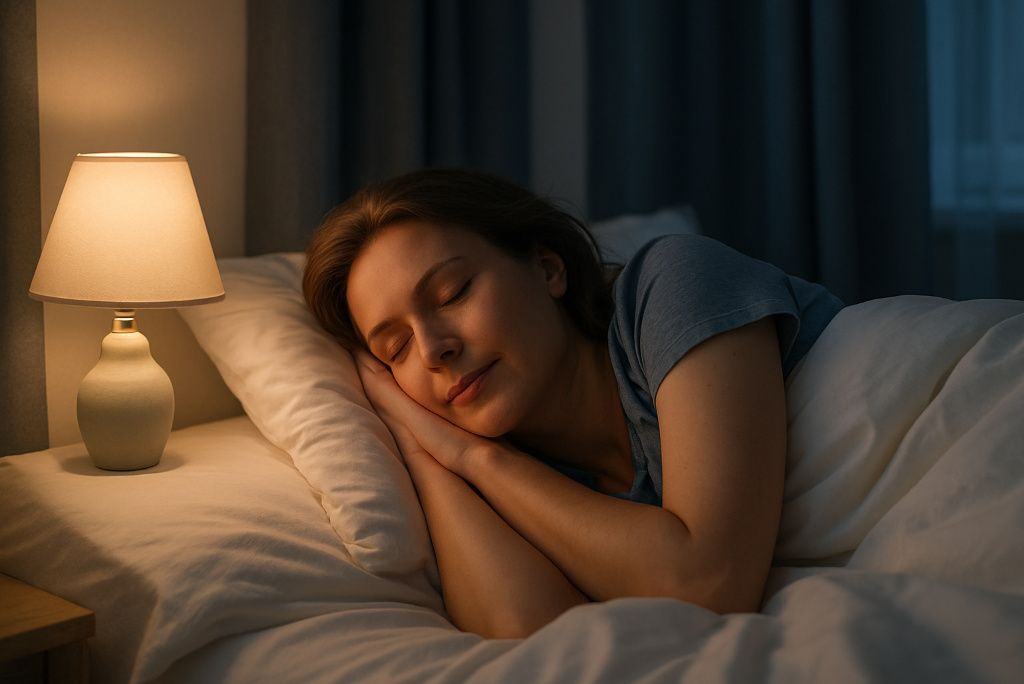
An uncluttered bedroom can significantly improve sleep. Research links messy environments to poorer sleep quality and increased insomnia. Minimalists tend to maintain serene, distraction-free bedrooms, which promotes relaxation and healthy sleep patterns. Removing excess furniture, gadgets, and visual noise helps signal the brain that it’s time to rest.
For example, minimalist bedrooms often feature calm colors and simple décor, creating a peaceful retreat. As sleep is vital for mental and physical health, minimalism indirectly supports better mood, focus, and overall well-being. Simplifying your space can genuinely transform your nights and, in turn, your days.
12. Healthier Consumption Habits
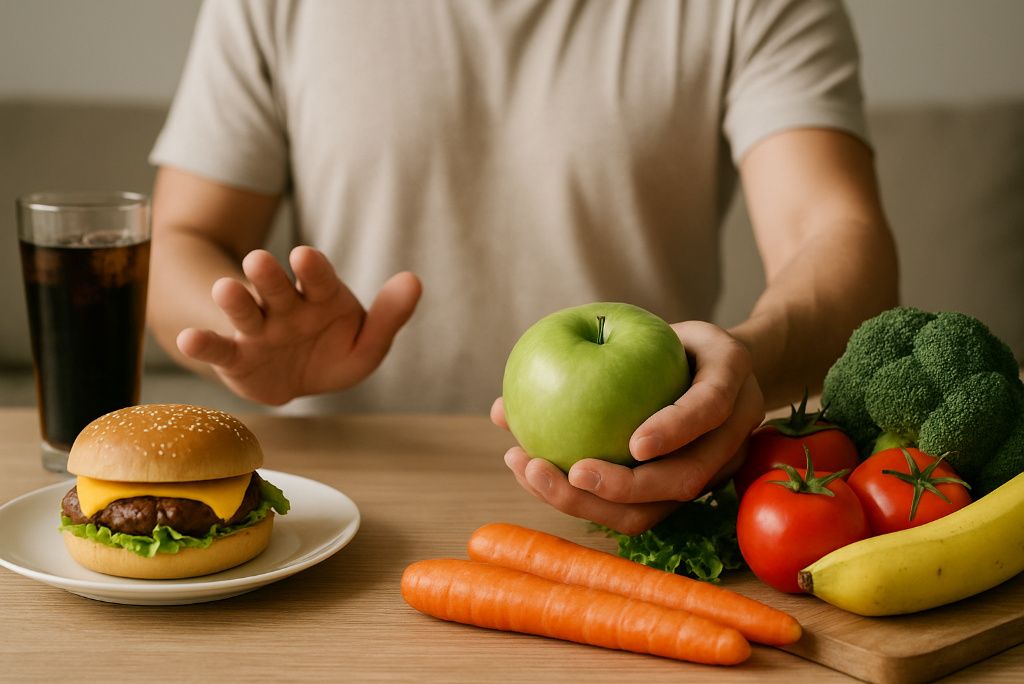
Minimalists often extend simplicity into their diets, favouring quality over quantity and reducing processed food intake. Studies indicate that mindful eating and decluttering your kitchen can lead to healthier food choices and weight management. Minimalists curate their pantries and fridges to avoid unnecessary temptation, fostering healthier habits.
Instead of stocking up on countless snack options, they prioritise fresh, nutritious ingredients. This lifestyle reduces decision fatigue around meals and leads to a healthier relationship with food. Minimalism, therefore, isn’t just about objects—it’s a mindset that supports holistic well-being, including physical health.
13. More Time for Passions

When material pursuits no longer dominate your life, time becomes abundant. Minimalists often discover hours freed up for hobbies, learning, or community work. A study in the Journal of Occupational and Environmental Medicine found that engaging in hobbies boosts mental health and resilience. Minimalists might explore painting, gardening, writing, or volunteering—activities that nourish the soul rather than drain finances. Instead of managing endless belongings, they invest time in experiences that bring true joy. By choosing fewer possessions, minimalists create space for passions that add depth and meaning to their lives.
14. Stronger Sense of Identity

Minimalism encourages clarity about personal values and priorities. When you curate your possessions carefully, your surroundings reflect your authentic self. A cluttered life often signals indecision or external pressures, while minimalism reinforces intentional living. Research in Self and Identity highlights how possessions can both express and obscure our identities.
Minimalists use fewer, meaningful items to define who they are, rather than letting objects dictate their image. For instance, a minimalist might keep a few cherished books instead of an entire library, signalling deep values rather than superficial accumulation. Minimalism thus becomes a path to greater self-awareness and confidence.
15. Resilience Against Consumer Culture
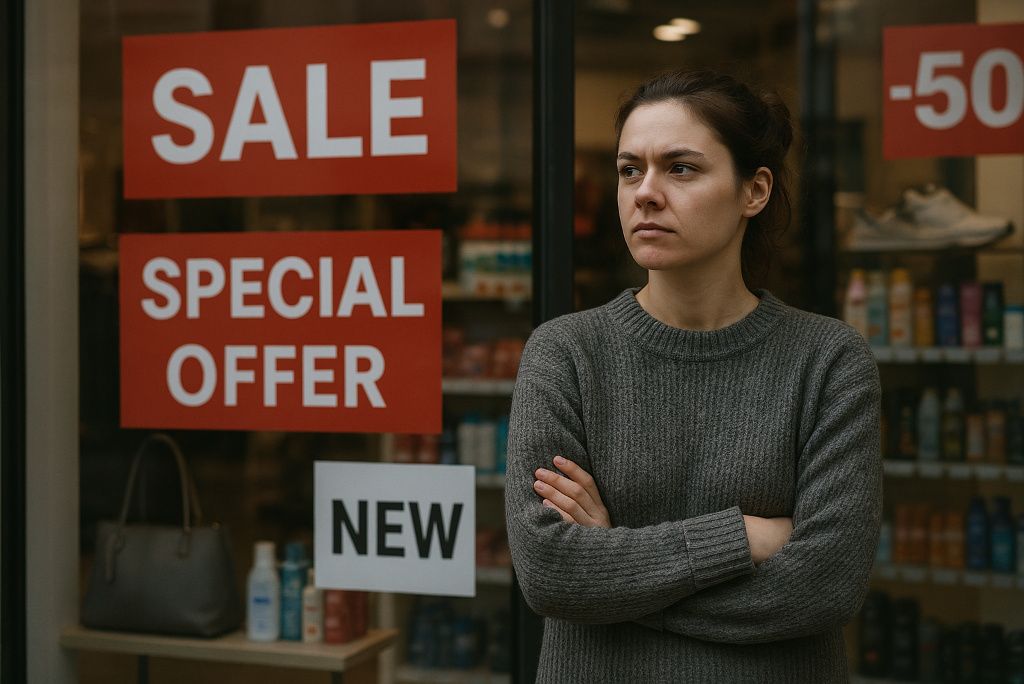
Minimalists develop resilience against relentless marketing that fuels a constant desire for more. They recognise that happiness isn’t found in the next purchase. According to the American Psychological Association, materialism is linked to lower life satisfaction and increased anxiety.
Minimalists intentionally break this cycle, focusing on personal growth and well-being instead. For example, many adopt practices like “no-buy months” or challenge themselves to live without shopping for non-essentials. This mindset shields them from consumerism’s emotional rollercoaster, offering stability and contentment. In choosing less, minimalists claim freedom from societal pressures, cultivating authentic happiness and purpose.
Disclaimer: This content is intended for informational use only and should not be considered professional psychological or medical advice. Always consult a qualified professional regarding your health or well-being

